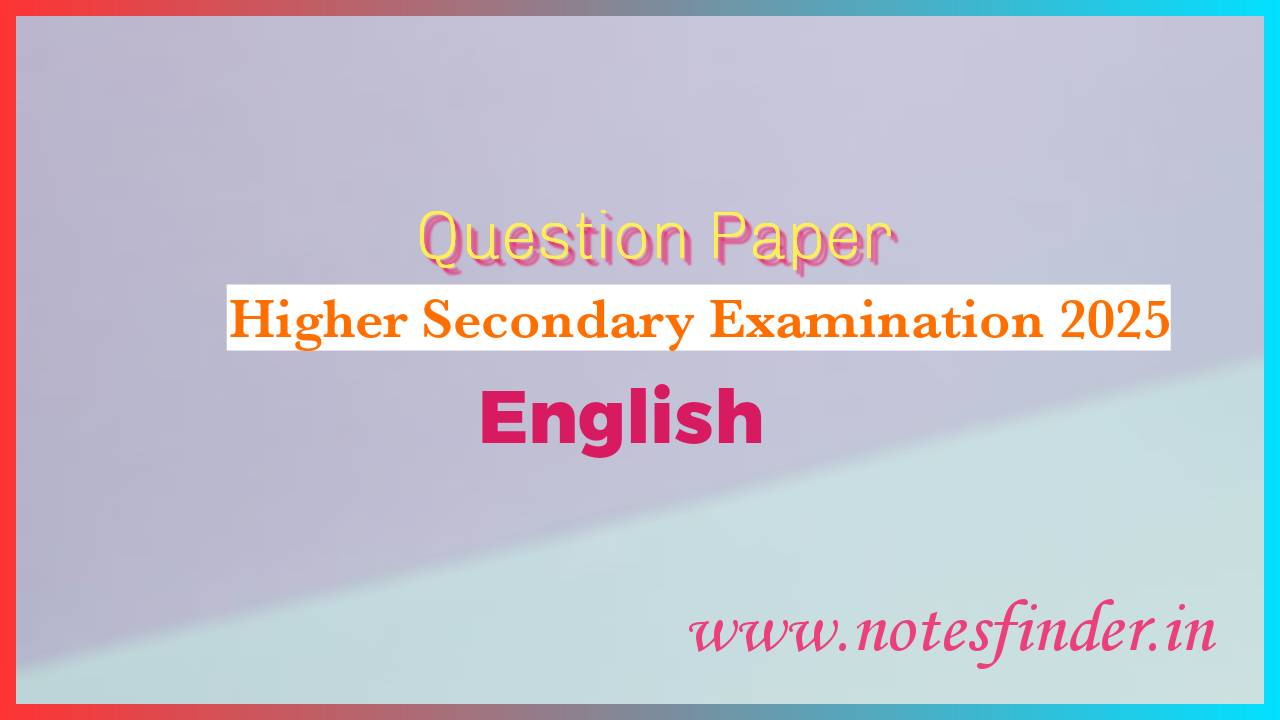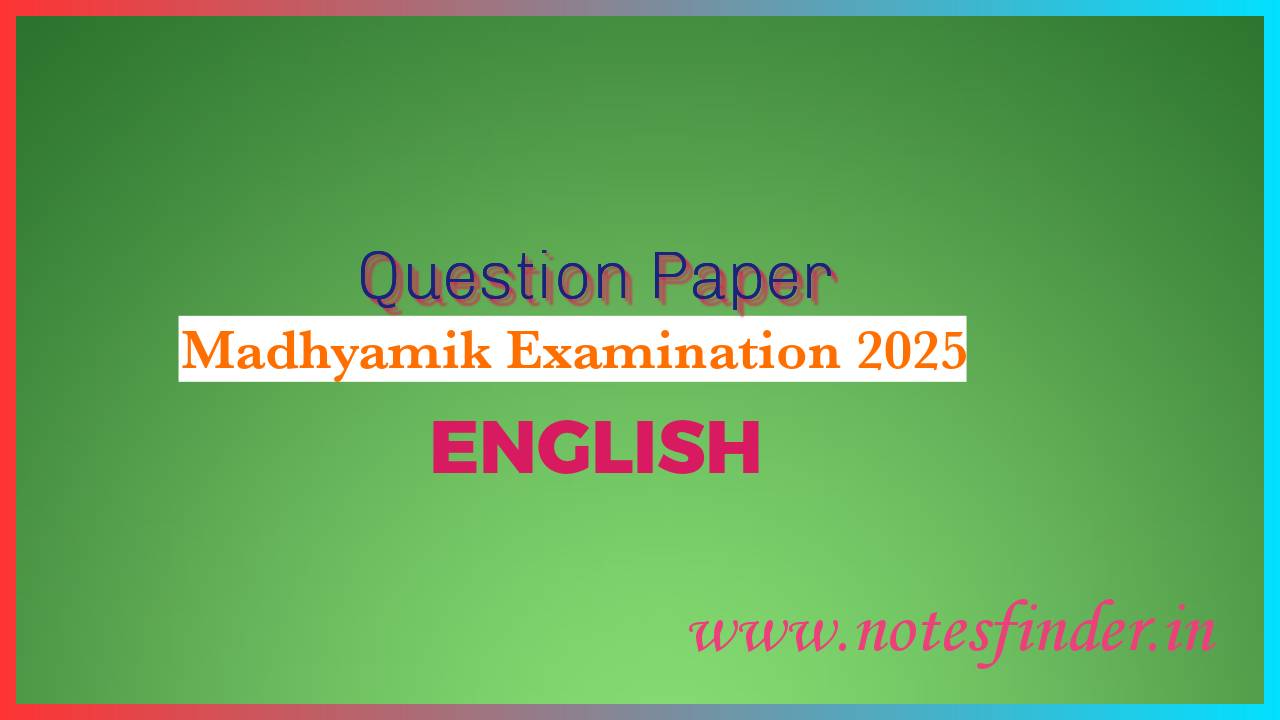“Must” and “have to” are both modal verbs that express obligation or necessity, but they are used in slightly different ways.
“Must” expresses a strong obligation or necessity that comes from the speaker’s own opinion or authority. It is often used to express a personal opinion or recommendation. Examples include:
- “I must finish this report today.” (The speaker feels a strong personal obligation to finish the report today.)
- “You must see this movie. It’s really good.” (The speaker is expressing a personal recommendation or opinion.)
- You must pay your taxes by April 15.
- Students must arrive on time for the exam.
“Have to,” on the other hand, expresses an obligation or necessity that comes from an external source, such as a rule, law, or other authority. It is often used to describe a requirement or obligation that is imposed from the outside. Examples include:
- “I have to wear a uniform to work.” (The speaker is describing a requirement that is imposed by their employer.)
- “Students have to complete all the assignments to pass the course.” (The speaker is describing a requirement that is imposed by the course instructor or institution.)
- I have to be at work by 9am.
- We have to follow the teacher’s instructions.
- You have to wear a helmet on this ride.
Read Also👇
- Use of there, their and they’re
- Use of Since vs Because
- Use of That and Which
- Use of Must and Have to
- Use of Lie and Lay
- Use of fewer vs Less
- Possessive pronoun vs Possessive adjective
- Use of Who and Whom
- Use of affect vs effect
- Difference between must and should
- Difference between Shall and Should
- Difference between Since vs Because



